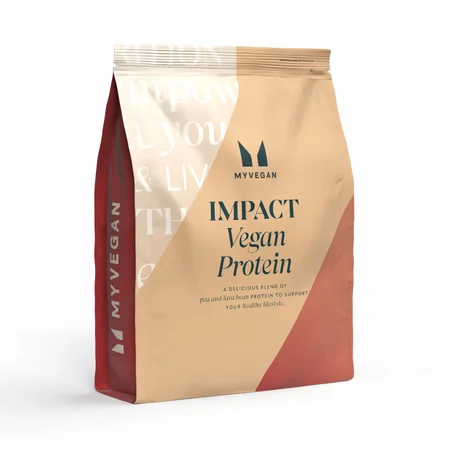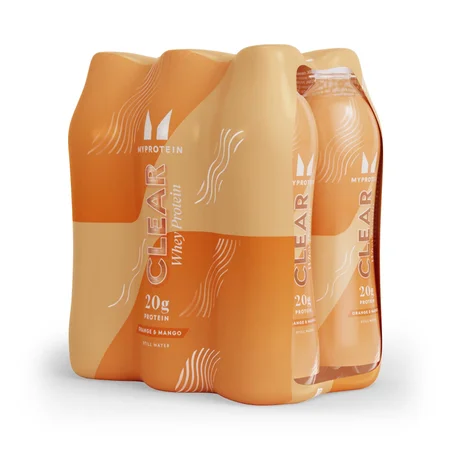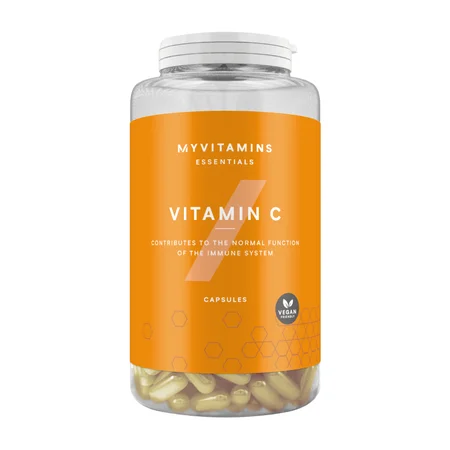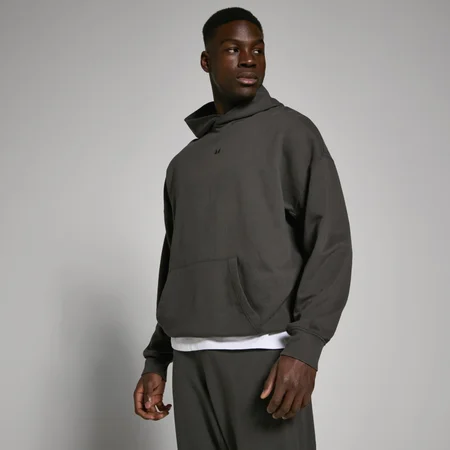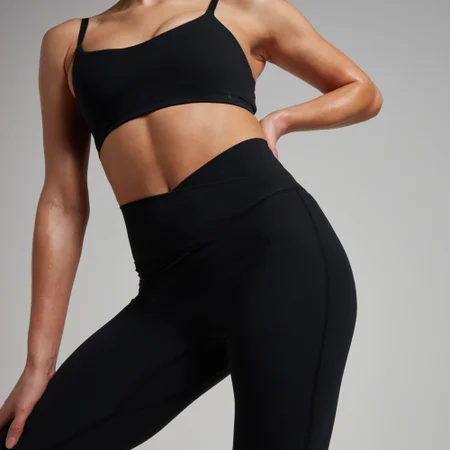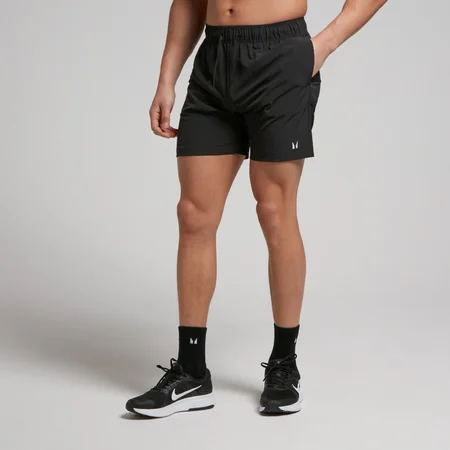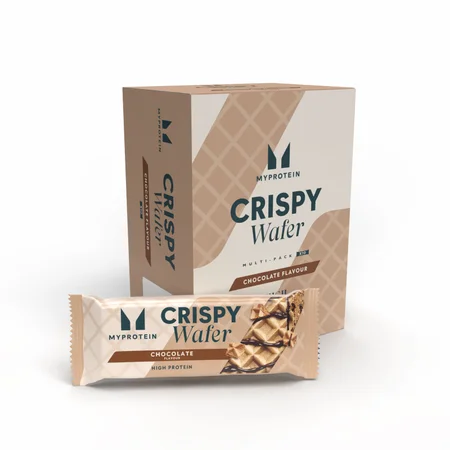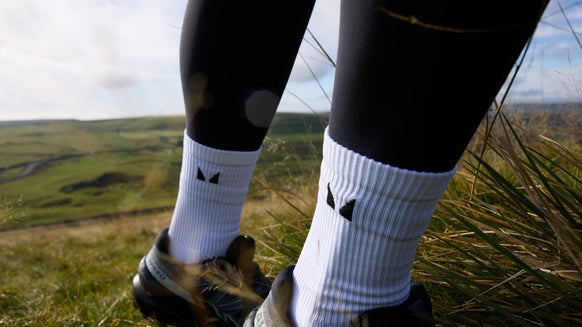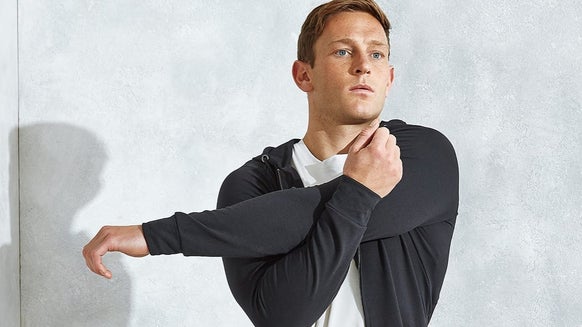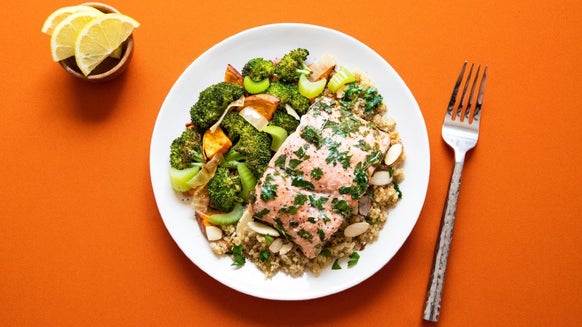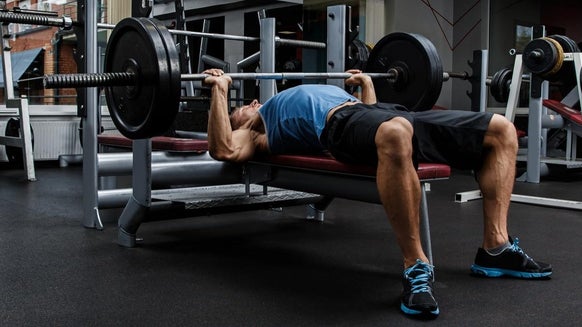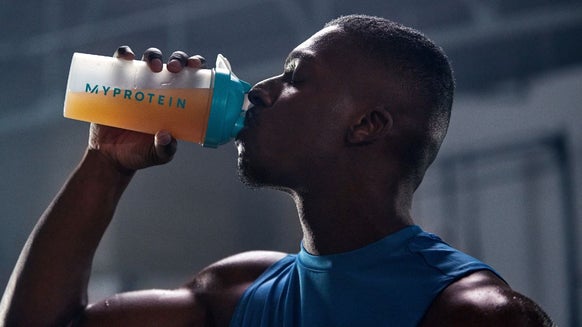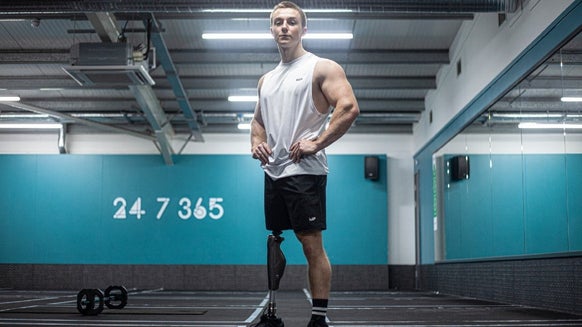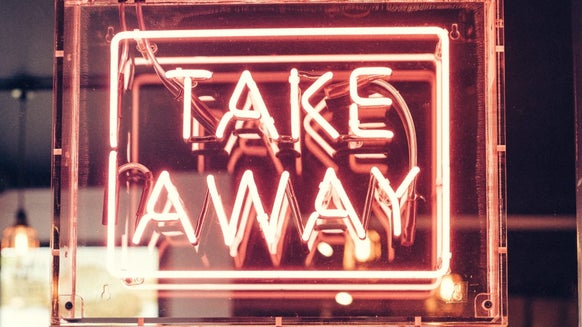How to Recycle Myprotein Packaging
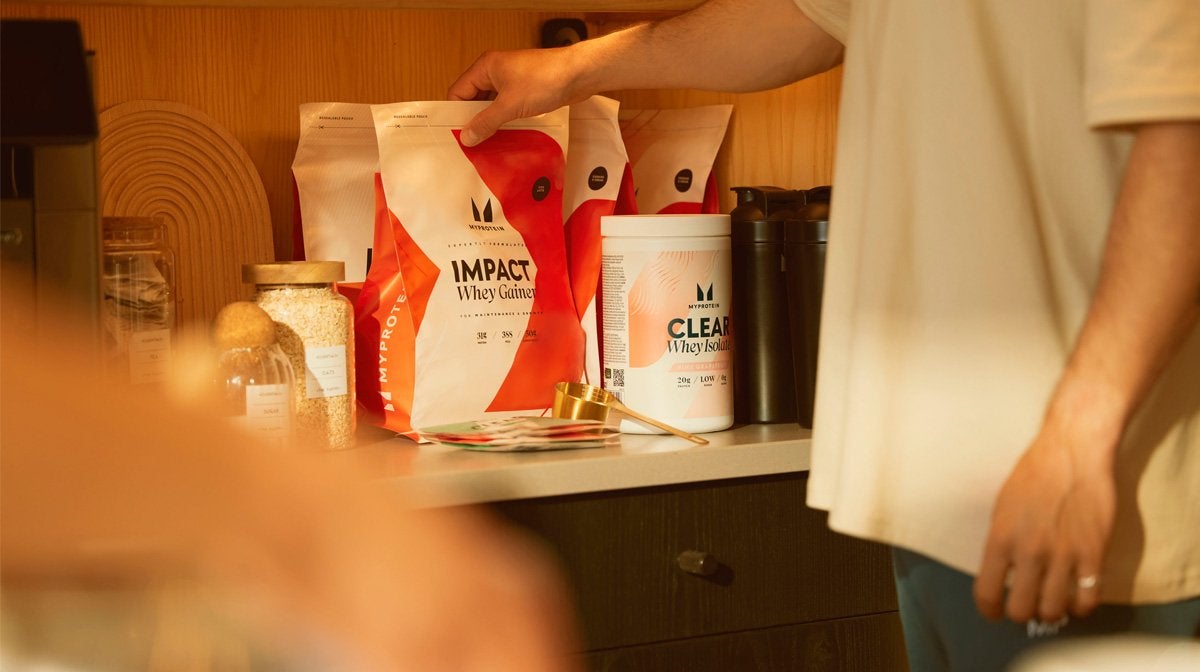
We've made it easier than ever to recycle Myprotein packaging, and we're working hard to make even more progress on our road to Net Zero by 2040.
A big part of that is making sure you — our community — know what to do with empty packaging, tubs, and pouches. So let's get rid of any confusion. Here's the scoop on recycling Myprotein packaging.
- Why plastic and not paper?
- How to recycle your packaging
- Recycling plastic
- Recycling Myprotein pouches
- Recycling Myprotein wrappers
- Recycling Myprotein tubs
- Recycling Myprotein bottles
- Recycling paper
- Recycling MP Activewear packaging
- Our pledges
- Why plastic and not paper?

Why plastic and not paper?
We’re often asked why our packaging is plastic as opposed to other materials, like paper.
In short, being lightweight and durable makes plastic ideal for ensuring your purchases arrive undamaged and without compromising hygeine.
Our packaging is under constant review to evolve to make improvements for sustainability, without jeopardising quality.
Due to technological limitations and market availability of food grade polymers, most plastics used are made from virgin plastics, derived from non-renewable, finite fossil fuels which release harmful greenhouse emissions into the atmosphere.
According to the OECD, 353 million tons of plastic are produced each year, with only 9% recycled, 69% incinerated or sent to landfill. 22 million tons leak into the environment, with 6.1 million tons finding their way into waterways.
When considering biodegradable and compostable packaging, we must also consider its disposal.

Based on UK government guidance, biodegradable/compostable packaging cannot be recycled due to a lack of consistent recycling infrastructure in place across all local authorities across the UK and Europe.
Therefore, we need to ensure the decisions we make on packaging can be processed and recycled in the most accessible and responsible manner.
While paper has a higher recycling rate compared to plastic (71% of UK paper waste was recovered and recycled in 2021), it is highly energy-intensive and heavier to transport.
As we continue the recyclability of our packaging, it’s imperative that we all play a part as a global community in using plastic responsibly.
By improving the recycling rates of plastic packaging and increasing the availability of food-grade recycled plastics, we can transition away from single-use formats.
How to recycle your packaging
Packaging plays a huge role in our plans to reach net zero.
In partnership with our packaging suppliers, our in-house experts drive improvements across our packaging portfolio to improve recyclability and reduce its carbon footprint.
We’re not done yet, and there’s still a lot of work to be done, but we know where we’re going and what we want to achieve.
While we aim to improve our packaging at every turn, we need your help to complete the puzzle in terms of recycling.
So, here’s everything you need to know about making the best recycling choices for every item you purchase.
Recycling plastic
Across our diverse range of nutrition products, we have a wide range of plastic packaging formats. Some plastics can be recycled at home and others in supermarket drop off schemes.
Here’s a helpful guide to our plastic packaging formats:
Recycling Myprotein pouches
First, our iconic pouch – you may have already noticed a change in the look and feel of our packaging. We’ve moved to a monomaterial, making it easier to recycle.
Single-material packaging makes recycling way more efficient because plants don’t have to separate components before recycling can begin.
You can take the packaging to supermarkets and drop it off in the soft plastics bin, along with other plastics, like bread and vegetable bags.
In addition, our redeveloped pouch is lightweight and can easily be stacked for transit due to its flat-packed nature, meaning every delivery journey is maximised, reducing its carbon footprint.
Recycling Myprotein wrappers
Like our pouches, our bars will also soon have monomaterial packaging, removing the foil layer to make recycling much easier. You will also be able to take the wrappers to drop-offs along with other soft plastics.
Recycling Myprotein tubs
The packaging for Clear Whey and other tub products is made from HDPE, the same polymer as milk bottles, and is already recyclable. These tubs are also durable enough to be repurposed and refilled once you’ve finished the product.
Recycling Myprotein bottles
Myvitamins and ready-to-drink bottles are made with 50% PCR (post-consumer recycled content) and can be widely recycled. Please check your local recycling guidance for more information.
Recycling paper
Paper and cardboard are widely recyclable via your home recycling collections, so simply pop them into your normal recycling bin.
Recycling MP Activewear packaging
MP Activewear packaging is made from 95% recycled plastic and is recyclable along with your pouches, bar wrappers and other soft plastics in supermarket drop-offs.
We have removed the lacquer from the MP Activewear swing tickets to make them recyclable at home along with regular paper and cardboard.
Our pledges
Myprotein is a voluntary member of the UK Plastic PACT, a program that brings governments, businesses, NGOs and citizens to transition away from linear plastics and champion a reuse, reduce and recycle approach.
We’re proud of the progress we’ve made, with 76% of packaging already recyclable. But we’re not done yet.
We’re committed to ensuring 100% of packaging is reusable and/or recyclable by the end of 2025, and we’ll keep you posted as we continue to make progress towards our target.
Exploration of how we can increase the use of recycled plastics in our packaging is continuous. 7.6% of our packaging is from recycled sources, including 50% post-consumer recycled content (PCR) in our bottles and spreads.
We welcome the continuous improvement of technology to produce food grade recycled plastics to help us to increase the use of recycled content in our packaging.

Take home message
We all have a responsibility to protect and improve the planet by making the best decisions possible.
We’ll keep working to improve our packaging so it’s easier for you to recycle, and together we’ll reach our goal of net zero.
FIND MORE HERE:
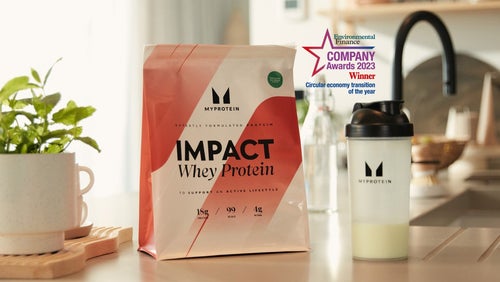
THG Wins Circular Economy Transition Of The Year — Environmental Finance Award
How THG are putting excess product to use.


